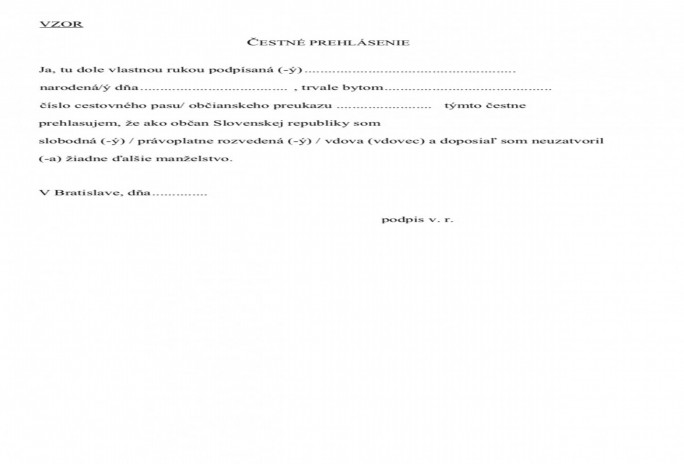- Jan 31, 2019 by Lucia Giblakova
Linguists of European cultural tradition are well-familiar with the work of Michel Foucault. Let me warn you, he is not an easy read. The promo referral to his The Order of Things by Michel de Certeau sums it up nicely:
The Order of Things sold out within a month after it first appeared – or so goes the advertising legend. The work numbers among those outward signs of culture the trained eye should find on prominent display in every private library. Have you read it? One’s social and intellectual standing depends on the response...Foucault is brilliant (a little too brilliant). His writing sparkles with incisive formulations. He is amusing. Stimulating. Dazzling. His erudition confounds us; his skill compels assent; his art seduces. (emphasis mine).
Now, do not rush to check Amazon just yet. (I checked if for you and no worries, there he is, certainly not sold out, that referred to the first edition of 1970, yes, it is a grandfather of a tome, you will not find it on the New York Times best reads of 2018).
There is a refreshing breeze in some old works and as my reasoning goes, that is precisely why they are called classic. I perceive the term as denoting something that never gets spoiled. Something that can be lying on the library shelves for decades or centuries withouth its shelf life expiring.
Had you skipped the intro, here comes the amusement, straight away:
...[] the Hebrews, the Canaans, the Samaritans, the Chaldeans, the Syrians, the Egyptians, the Carthaginians, the Phoenicians, the Arabs, the Saracens, the Turks, the Moors, the Persians and the Tartars all write from right to left, following the “course and daily movement of the first heaven, which is most perfect, according to the opinion of the great Aristotle, tending towards unity“; the Greeks, the Georgians, the Maronites, the Serbians, the Jacobites, the Copts, the Poznanians and of course the Romans and all Europeans write from left to right, following “the course and movement of the second heaven, home of the seven planets“; the Indians, Cathayans, Chinese, and Japanese write from top to bottom, in conformity with the “order of nature, which has given men heads at the tops of their bodies and feet at the bottom“; in opposition to the aforementioned, the Mexicans write either from bottom to top or else in spiral lines, such as those made by the sun in its annual journey through the Zodiac“...
To conclude with something smartish I am musing that the saying: Everything happens for a reason might be true, after all.











